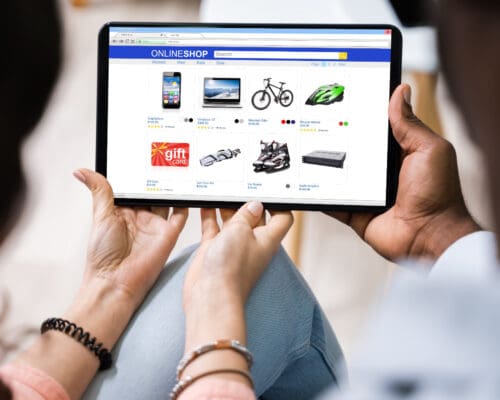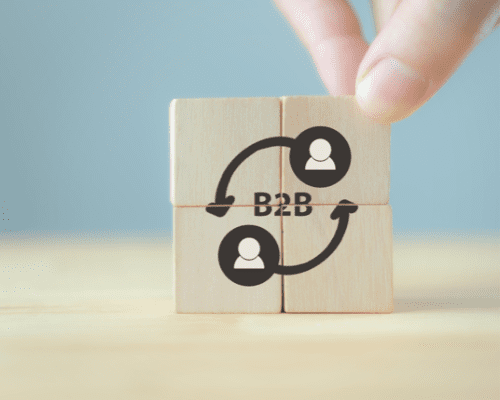Salesforce reports that 66% of customers changed brands in the past year because a better deal was offered elsewhere.
The fifth edition of the State of the Connected Customer Report, produced by our partners at Salesforce, provides insights into the new customer engagement landscape. Based on responses from nearly 17,000 consumers and business buyers, the report highlights the way in which events of recent years, including the global pandemic and the supply-chain crisis, have influenced the way in which customers interact with brands. Trends such as digital-first experiences, personalisation at scale, data privacy legislation, and the rise of asynchronous channels have all contributed to this shift.
The Salesforce report is segmented into four chapters, and we here at redk will summarise the highlights from each chapter over our next four blog posts. This week, chapter three:
‘New Realities Test Brand Loyalties’
Customer/Brand Relationships Being Put to the Test
In the year preceding the publication of Salesforce’s report, consumers spent a great deal more time online. And as their lifestyles and financial circumstances have changed, so have their priorities. It has presented increasing challenges in the retention of digital-first customers, and produced some alarming figures for brands: 71% of consumers switched brands at least once in that previous year, Salesforce points out.
Salesforce: “…myriad additional factors such as improved customer service, product availability and convenience lure consumers away.”
The reasons vary from better product quality and availability, through improved customer service to better alignment with consumers’ values. In a brand loyalty landscape that has been irrevocably redefined by the COVID-19 pandemic, brands have to step up in every aspect of their customer retention effort if they’re not to become victims of this new reality.
Loyalty Schemes Are Still Important But Must Change
Some fundamental aspects of consumer behaviour remain unchanged, Salesforce reports, and an attraction to loyalty schemes is one of them. However, despite consumers joining an average of 4.3 schemes, many play no active role in them, redeeming rewards infrequently if at all:
31% of consumers redeem loyalty scheme rewards yearly, less than yearly or never.
If brands adjust their loyalty scheme models correctly, however, they can still play a key role in customer retention. Loyalty schemes need to be more accessible, with barriers to reward redemption being removed: 61% say they would use a loyalty program more often if rewards were applied automatically. And as we saw in Part 2, personalisation is critical in every element of modern consumers’ expectations: 55% report they would use loyalty schemes more if the rewards were personalised to better reflect their needs.
Brands Speaking Directly to Consumers
Where brands are getting it right, they’re doing so by addressing the needs outlined above and speaking to the consumers directly. Many brands are cutting out ‘middle-men’ and taking control of their customer experience, seizing on the chance to harvest data directly from their customers while they do so. And while the model is not new, its growth is accelerating:
‘In 2019, 49% of consumers bought directly from a brand. In 2022 64% did.’ Salesforce
While consumers still appreciate the customer service, rewards, and returns policies of the retail experience, Salesforce says they’re looking directly to the brands to ensure their products are authentic, unique, and sustainable.
Connected Consumers Are Beginning to Understand Their Power
Salesforce’s data leaves little room for doubt that the landscape has shifted in favour of digital consumers. Their eyes have been opened in the last couple of years, and they’re increasingly exercising the freedoms of choice available to them.
Consumers are spending more time online, exploring competing brands’ offerings more widely, and adjusting their expectations of brands beyond products and services and into their values. This new normal has set the customer-retention bar higher than ever before. Brands must understand and engage with their customers better than ever if they’re not to lose them to somebody who will do just that.
With over 15 years’ experience, we at redk understand the importance of fidelity. We provide consulting expertise and digital capabilities to implement the technology that works for your brand. To boost your organisation’s strategies for optimising your sales performance and improving your customers’ experience, talk to us today











